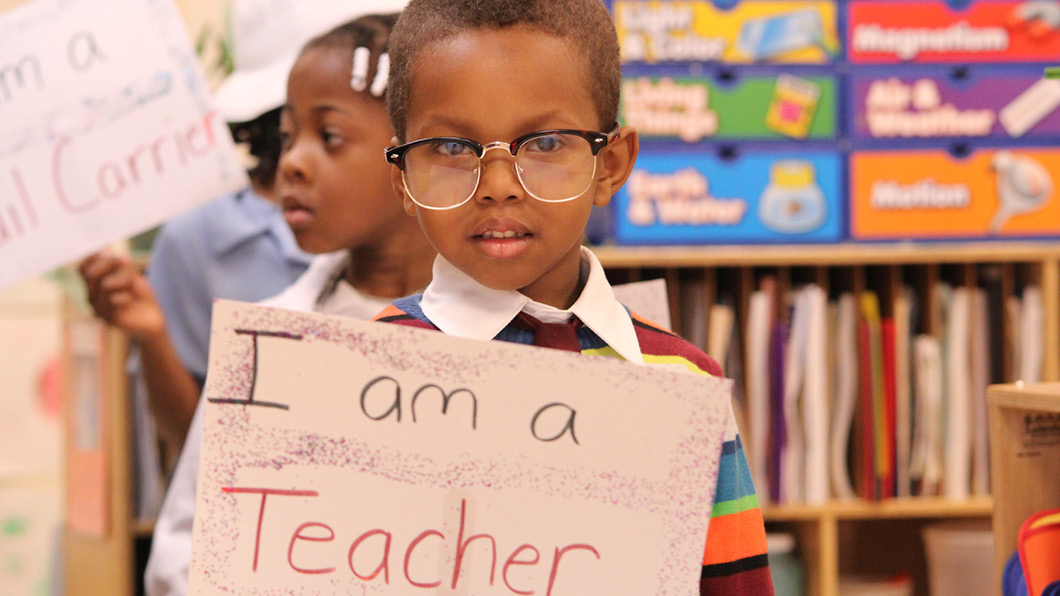In this Concentration, students develop a specialized knowledge of the fields of drama and theatre in education, the ability for sustained engagement with communities of learning, as well as a working knowledge of school systems. Students learn to transform regular curricular material into effective and transformative drama work, begin practicing teaching methodologies, and explore ways of generating empathy/awareness towards others. These approaches are informed by the pursuit of social justice and awareness of contemporary social issues (e.g. bullying). As well as engagement with many of the basics of theatre creation and production, students learn to effectively write both reflective and critical responses about their experience as well as about the wider field of study.
Practitioners of drama in education often note their emphasis on process over product to explain their approach. While in a stage theater production the focus is more on rehearsal as a means to an end, the ultimate performance, in drama education, the process is the end in itself. Students learn as a result of the choices and decisions they make during the development of improvisation. The classroom teacher facilitates the drama by building on the actions and reactions of students and changing the imagined context so as to create an episodic
sequence of dramatic action. There are a number of benefits of drama in education. Creative dramatics helps students develop interpersonal skills. Research has shown that cooperation among students increases when creative dramatics is used in the classroom. In creative dramatics, students also often enter into leadership roles while they plan activities, such as scriptwriting and informal performances.


